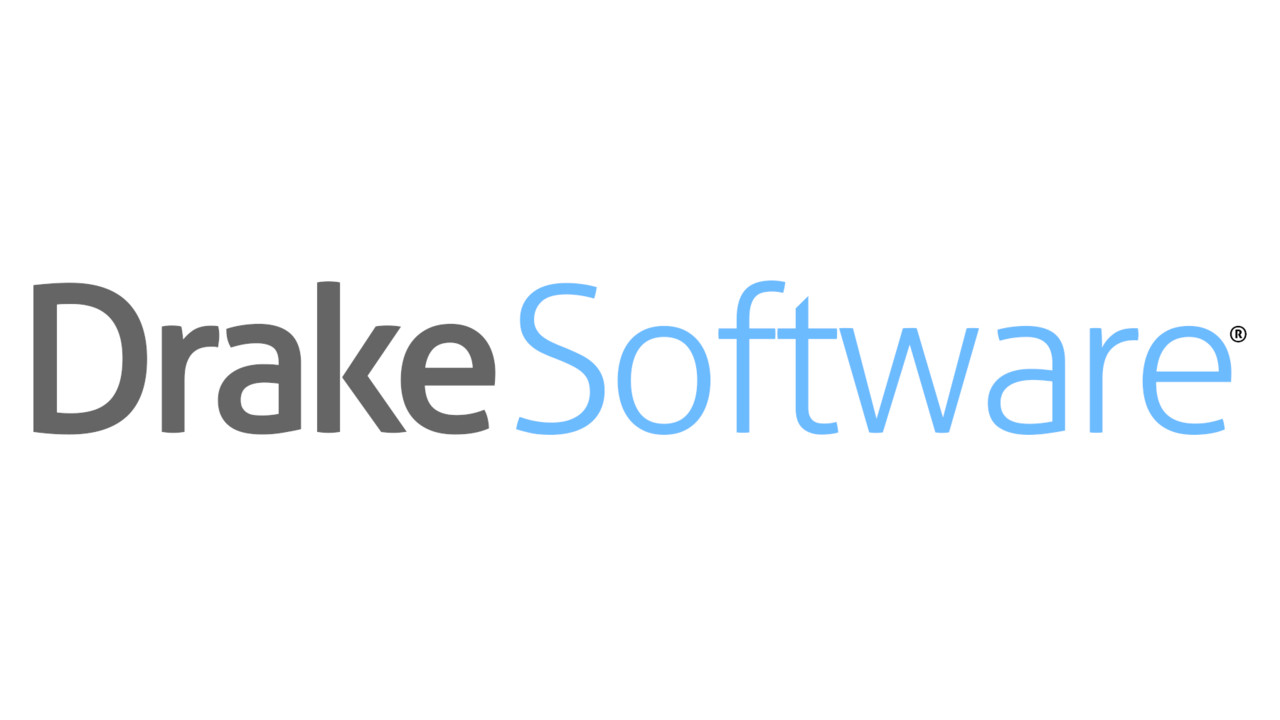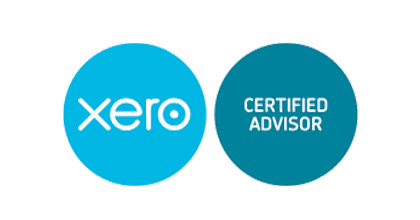In today's fast-paced business landscape, accounting firms are constantly seeking ways to streamline their operations and increase efficiency. One of the strategies that has gained significant attention is the practice of offshoring and outsourcing. These two approaches can be game-changers for accounting firms looking to stay competitive, but they are not one-size-fits-all solutions. In this article, we will explore the key differences between offshoring and outsourcing and help you determine which one is the right fit for your accounting firm's unique needs.
Understanding Offshoring
What is Offshoring?
Offshoring refers to the practice of setting up a remote team or office in a different country to handle specific tasks or functions for your accounting firm. These tasks can range from data entry and bookkeeping to more specialized services like tax preparation.
Why should you hire offshore?
1. Cost Efficiency: Offshoring can significantly reduce labor costs, allowing your firm to allocate resources more strategically.
2. Access to Global Talent: You can tap into a diverse talent pool and leverage specialized skills that may be scarce locally.
3. 24/7 Operations: With teams in different time zones, you can provide around-the-clock support to your clients.
Understanding Outsourcing
What is Outsourcing?
Outsourcing involves contracting a third-party service provider to handle specific tasks or processes for your accounting firm. These providers are experts in their respective fields and can offer specialized solutions.
Why should you outsource?
1. Focus on Core Competencies: Outsourcing non-core functions allows your firm to concentrate on its primary services and client relationships.
2. Scalability: Easily scale up or down based on your firm's needs without the overhead of hiring and training in-house staff.
3. Access to Experts: Benefit from the expertise of professionals dedicated to their specialized areas.
Making the Right Choice for Your Accounting Firm
The decision between offshoring and outsourcing should align with your firm's goals, resources, and operational model. Here are some key factors to consider:
1. Nature of Services
- Offshoring: Ideal for repetitive, time-consuming tasks.
- Outsourcing: Suitable for specialized, non-core functions.
2. Budget Constraints
- Offshoring: Offers significant cost savings.
- Outsourcing: Allows for more flexibility in budget allocation.
3. In-house Expertise
- Offshoring: Requires in-house management of remote teams.
- Outsourcing: Relies on the expertise of external providers.
4. Data Sensitivity
- Offshoring: Involves sharing sensitive data; prioritize data security.
- Outsourcing: Requires strong confidentiality agreements.
5. Scalability
- Offshoring: Offers scalability but requires infrastructure investment.
- Outsourcing: Scalable with minimal upfront investment.
Conclusion
In the ever-evolving world of accounting, the choice between offshoring and outsourcing is not a one-size-fits-all decision. To determine the right path for your accounting firm, carefully evaluate your needs, resources, and long-term goals. Whether you opt for cost-effective offshoring or the specialized expertise of outsourcing, both approaches can significantly enhance your firm's efficiency and competitiveness.
FAQs
1. Can I combine offshoring and outsourcing for my accounting firm?
Combining both approaches is possible and can be a strategic choice. However, it requires careful planning and management to ensure seamless operations.
2. How do I ensure data security when offshoring or outsourcing?
Implement robust data security measures, including encryption, secure communication channels, and strict access controls. Additionally, choose trusted partners or service providers with a strong security track record.
3. How can I assess the quality of outsourced services?
Prioritize due diligence when selecting an outsourcing partner. Check their track record, client testimonials, and industry reputation. Regular performance reviews and feedback mechanisms can also help maintain quality standards.











.png)










